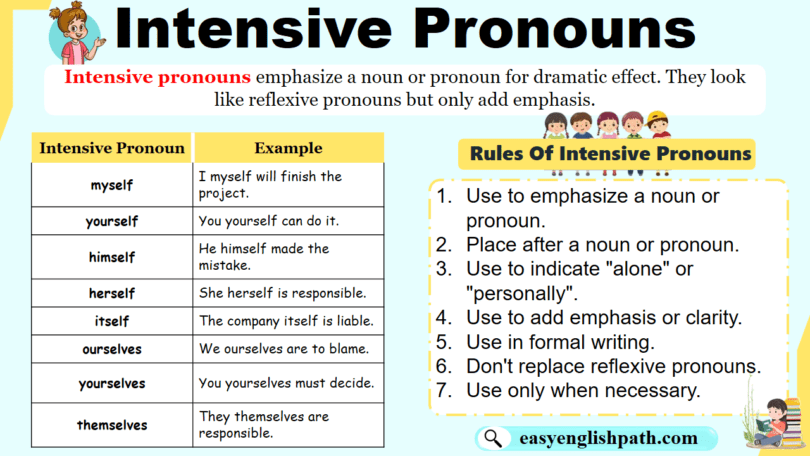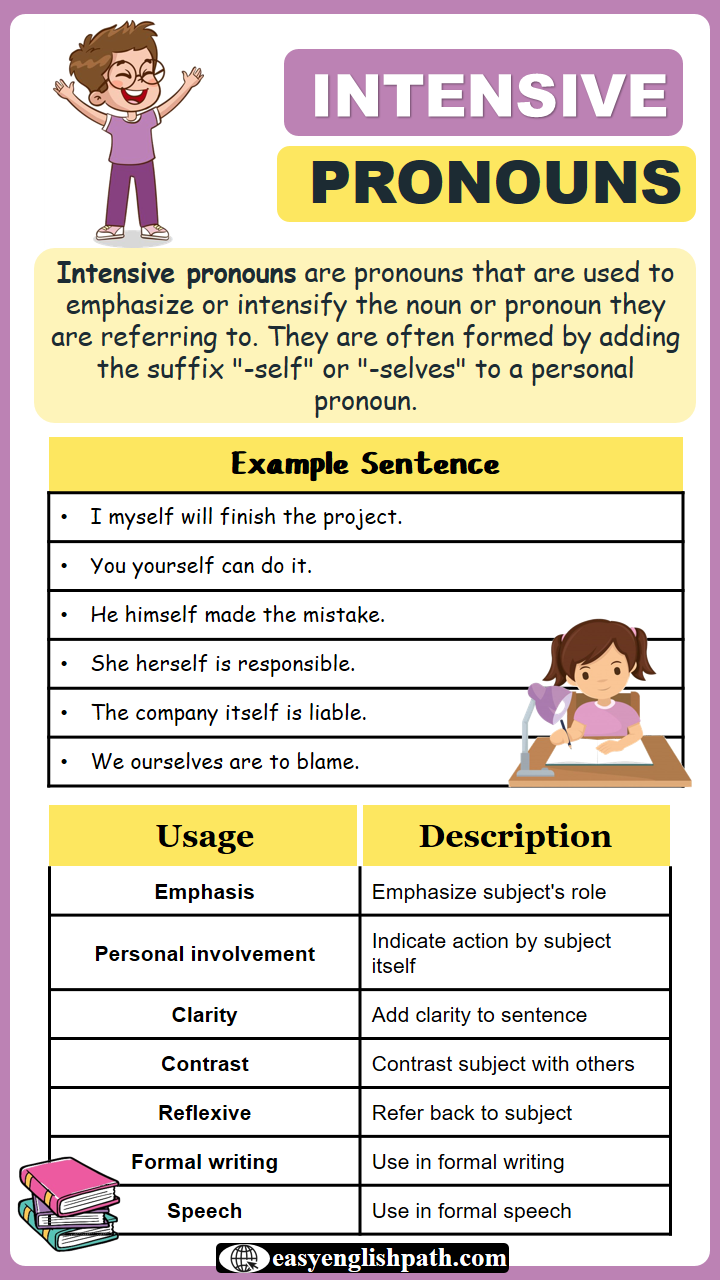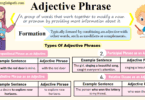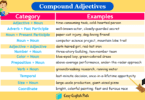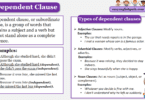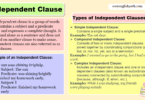Intensive pronouns are words like myself, yourself, himself, herself, itself, ourselves, yourselves, and themselves. They are used to put extra focus on someone or something in a sentence. So, intensive pronouns can help us to make our point clearer and stronger.
Definition of Intensive Pronouns:
An intensive pronoun is used to provide emphasis on the action the subject does in a sentence. Intensive pronouns look exactly like reflexive pronouns, but their purpose is different. While reflexive pronouns are used when the subject and the object of a sentence are the same, intensive pronouns are used to emphasize a noun or another pronoun.
- The teacher herself called the meeting.
- We ourselves made the cake.
- The dog itself opened the door.
- You yourselves solved the problem.
How do you use intensive pronouns?
1. We can use an intensive pronoun to emphasize the subject or object in a sentence.
- I myself will take care of the situation.
- She herself baked the cake.
- They themselves built this house.
2. Intensive pronouns are used to indicate that the subject performed the action independently, without any external help.
- He bought the car himself.
- She completed the project herself.
- We solved the puzzle ourselves.
3. When you use an intensive pronoun for comparison, you will get to know that the subject personally performed an action, contrasting it with what others did or typically do. It indicates the subject’s individual effort or action in comparison to others.
- She cooked dinner herself, unlike her sister who always ordered takeout.
- I cleaned the entire house myself, which is more than anyone else did.
Difference between Intensive and Reflexive Pronouns:
Though the same words are used as intensive pronouns and reflexive pronouns, they have a little bit of difference in grammatical functions. Intensive pronouns are used to emphasize a noun or pronoun in a sentence. They add emphasis but are not necessary for the sentence’s basic meaning.
For Example, She herself completed the project.
On the other hand, Reflexive pronouns are used when the subject and the object of a verb refer to the same person or thing.
For Example, She hurt herself while playing.
Another difference is that the sentence would still make sense even if you remove the intensive pronoun from the sentence, there’s the reflexive pronoun is considered to be in the sentence because it acts as the object, and only then does it make complete sense.
Intensive Pronouns Examples:
- I myself will handle this.
- She cooked herself dinner.
- He solved the problem himself.
- They made the decision themselves.
- You must see it for yourself.
- We did the work ourselves.
- The cat cleaned itself.
- He built the model himself.
You May Also Like this

